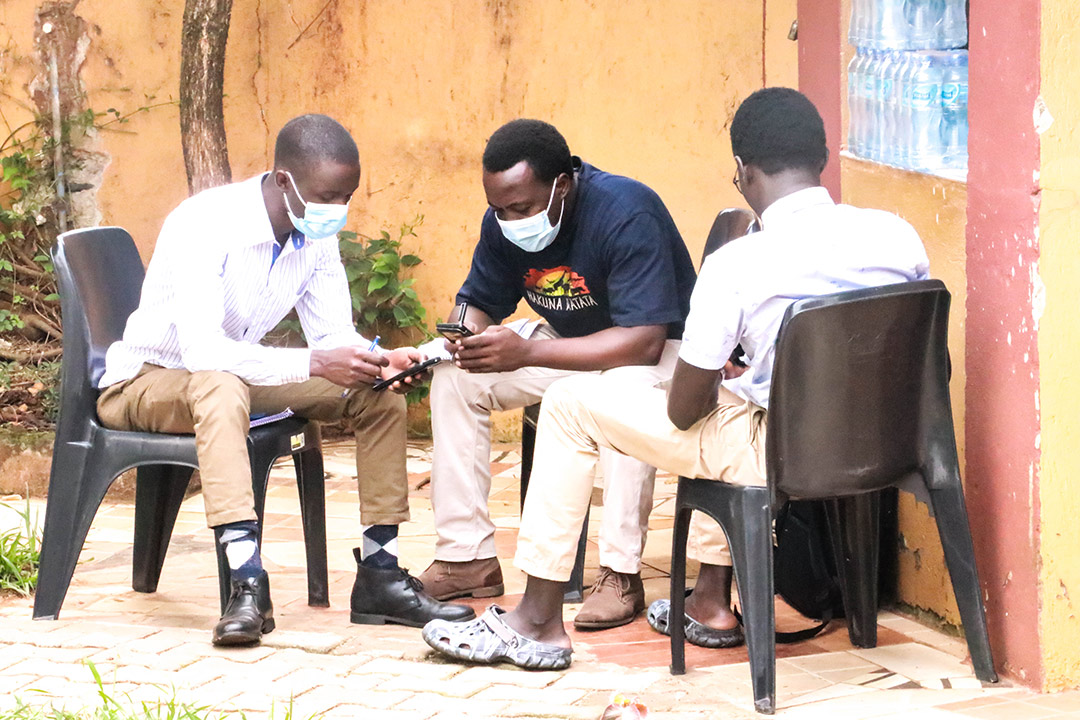Mobile money has become the leading payment method across many developing countries. Building on strengths such as wide distribution networks, customer reach, and trusted brands, governments are laying the groundwork for the digital economy to flourish.
According to the International Monetary Fund, mobile money is a digital payment platform that allows for the transfer of money between cellphone devices. The technology is installed in the SIM card of the device and can be used on regular and smartphone devices. Users can receive, withdraw, and send money without being connected to the formal banking system. The product differs from mobile banking where users connect using internet-enabled mobile devices to manage the funds in their bank account.
Opportunities
As mobile money services continue to proliferate in many African countries, several opportunities are being identified and developed across the continent.
Mobile money contributes to achieving Sustainable Development Goal 3 (SDG 3), by facilitating access to funds for health emergencies, enabling access to health insurance, and helping health providers and governments make health programs more efficient hence driving performance. SDG 3 ("Good Health and Well-being"), is one of the 17 global goals established by the United Nations in 2015. It calls on countries for ensuring healthy lives and promote well-being for all at all ages by 2030.
At the height of the Ebola crisis (2014 to 2016) in West Africa, Sierra Leone embraced digital payment using mobile money. This move reduced the time it took for health workers to receive their salaries from over a month to around one week, eliminating worker strikes, stabilizing the Ebola response workforce, and saving countless lives.
The Sierra Leone experience shows the potential that mobile money payment has towards improving health systems by minimizing the risks that come with cash, it is still early days and requires evidence to guide this paradigm shift.
Furthermore, the Democratic Republic of the Congo was also one of the first countries to roll out the mobile money system for paying polio campaign workers and this ensured there was no leakage or delay in compensation of frontline workers.
With funding from the Bill and Melinda Gates Foundation, Makerere University School of Public Health (MakSPH), and the Cheikh Anta Diop University, also known as the Cheikh Anta Diop University of Dakar in Senegal are implementing a digital health payments project which aims to address this gap.
The three-year project is focused on generating high-quality evidence on the value of digital payments of health workers on the effectiveness of immunization and other health campaigns in Sub-Saharan Africa.
Acting on the above opportunities, Digital Payments was officially launched on 9th March 2022. the project will study the effectiveness of digital innovations over the next three years where it will partner with mobile money operators to establish among others the preferred mobile money providers for health workers and what costs are incurred in the process of digital transfers.
One of its objectives points to harnessing digital payments solutions into the health system across the African continent and beyond and working toward transforming Africa's health system into adopting mobile
The project will also bridge the evidence gaps, share learning and build a community of practice around digital payments in health around Sub-Saharan Africa. The community of practice will stimulate discussions, generate and accelerate shared learning around the utility and best practices of digital payments and collate and generate evidence on best practices for digital payments.
Further still, the project encourages greater attention toward digital payments because it is valued as a critical strategy for health system strengthening and can improve the timeliness of efficiency of health workforce payments.
However, with all the potential that mobile money grips, it is not without its challenges and risks but, the project will be able to link the available digital identification systems through the Ministry of Health and leverage the spread of mobile money to create stronger financial systems for campaign health workers,
By Judith Grace Amoit.
Communications Officer
Digital Payments Project
